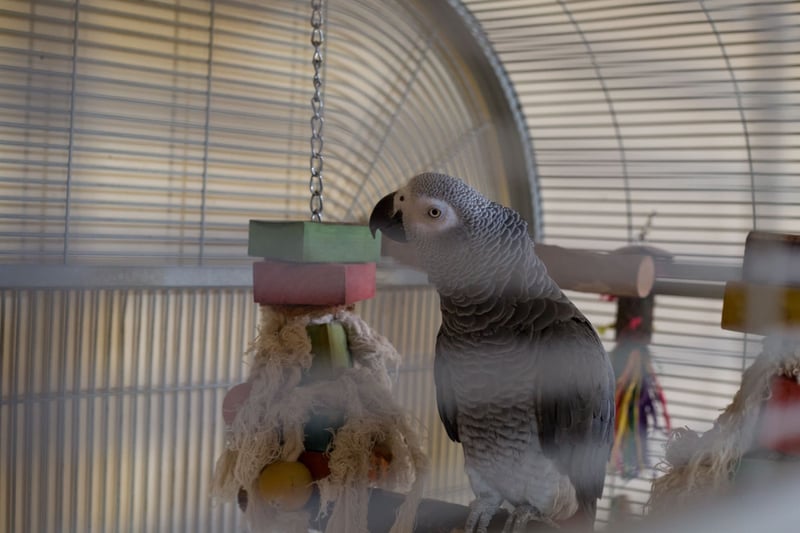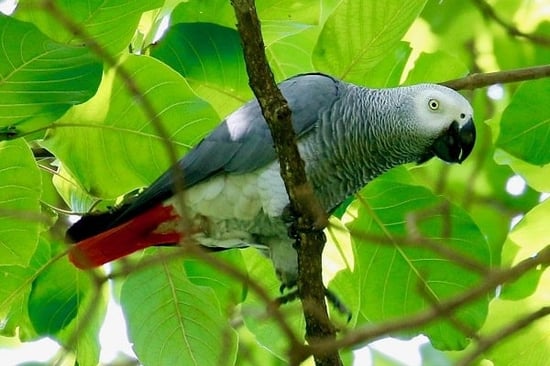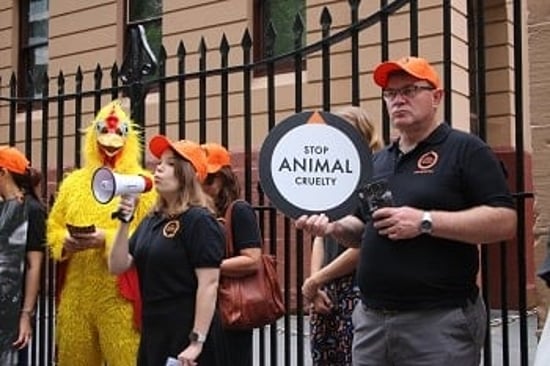
Exotic pets: loved but not understood
News
The results are in. Recent polling finds that a quarter of exotic pet owners did no research before buying a wild animal as a pet.
Exotic pets are wild animals such as reptiles, birds, and ornamental fish, as opposed to common domesticated pets such as dogs and cats.
The global exotic pet trade is a growing multibillion-dollar industry that’s having a devastating impact on wildlife populations across the world.
Millions of wild animals are being captured from their habitats, or born into captivity, to be sold. Whether traded legally or illegally, keeping wild animals as pets is cruel.
Global research into the exotic pet trade reveals that nearly one third of all wild animals die during transportation.
Loving them to death
With Australian household pet ownership among the highest in the world, the most common exotic pets were found to be freshwater fish, exotic birds and small mammals.
However, polling commissioned by World Animal Protection reveals more than half of Australian exotic pet owners didn’t realise their pet is exotic.
Simone Clarke, Executive Director ANZ for World Animal Protection said:
“Animals destined for people’s homes suffer at every step of the journey: from capture to handling, transport, holding, breeding, sale and the lifetime of captivity in the home.”
“Most people buy exotic pets because they love animals – but any wild animal in the exotic pet trade experiences extreme suffering.”
Many exotic pet owners are unaware of the daily suffering their animals endure.
YouGov Galaxy polling of Australian exotic pet owners commissioned in December 2018 revealed alarming insights into the lack of understanding exotic pet owners had of the animals in their care:
-
26% of exotic pet owners did no research before buying their pet;
-
More than three quarters of exotic pet owners think that it’s true or true in some circumstances that wild animals kept in captivity as pets experience stress;
-
13% admitted that it’s mostly or completely false to say that the needs of exotic pets can be fulfilled by their owners.
“Wild animals are not pets, they belong in the wild. No matter how good your intentions, a life in captivity is a life of suffering for wild animals,” Simone Clarke said.
World Animal Protection is urging people to not buy, own or breed a wild animal as a pet.
Get a domesticated pet instead
We encourage everyone to appreciate and respect wild animals where they belong – in the wild. We should only share our homes with domesticated animals who’ve evolved over thousands of years to be our companions, and whose needs can be completely met as pets.
When given facts about the cruelty involved in the exotic pet trade and the suffering wild animals endure in captivity, more than half of exotic pet owners indicated they were somewhat or much less likely to buy another exotic pet in the future.
“A life in captivity is a world away from a life in the wild. With more education, we can end the demand for this cruel trade,” Simone Clarke added.
Wild at heart
Read our 'Wild at Heart' report and learn about the cruelty of the exotic pet trade.
Take action
Take action today by signing our petitions and pledging to protect wildlife and farm animals.


